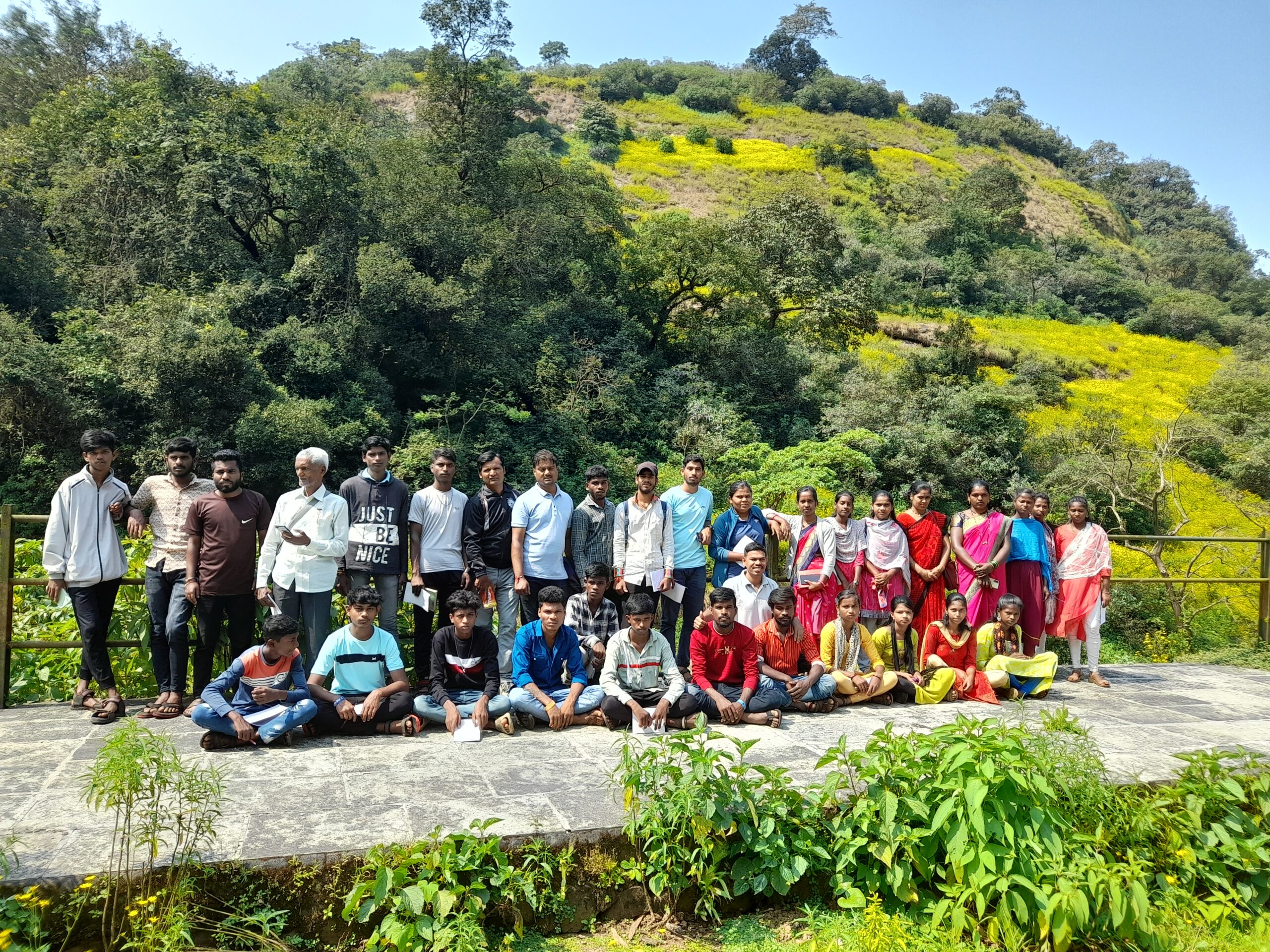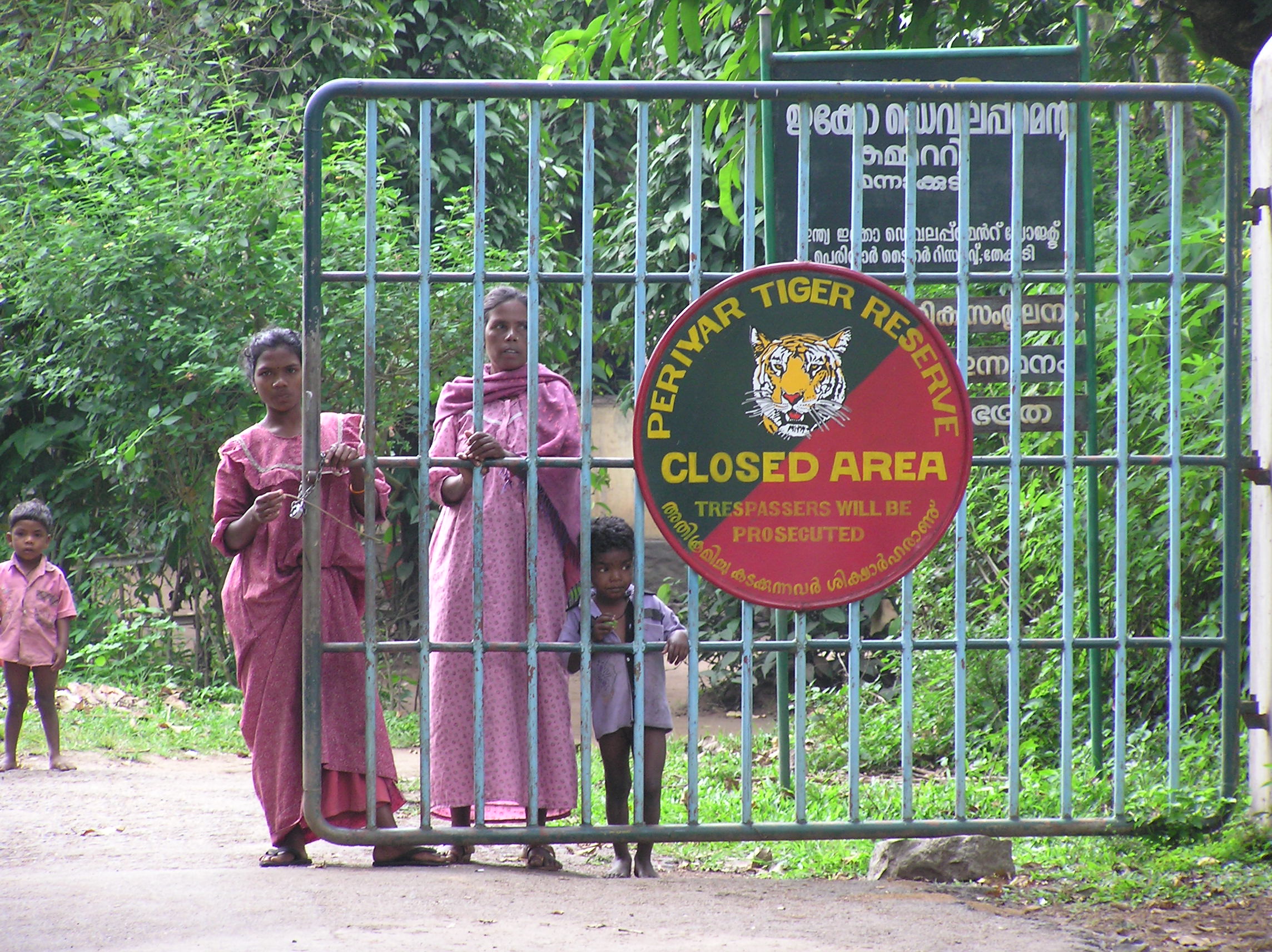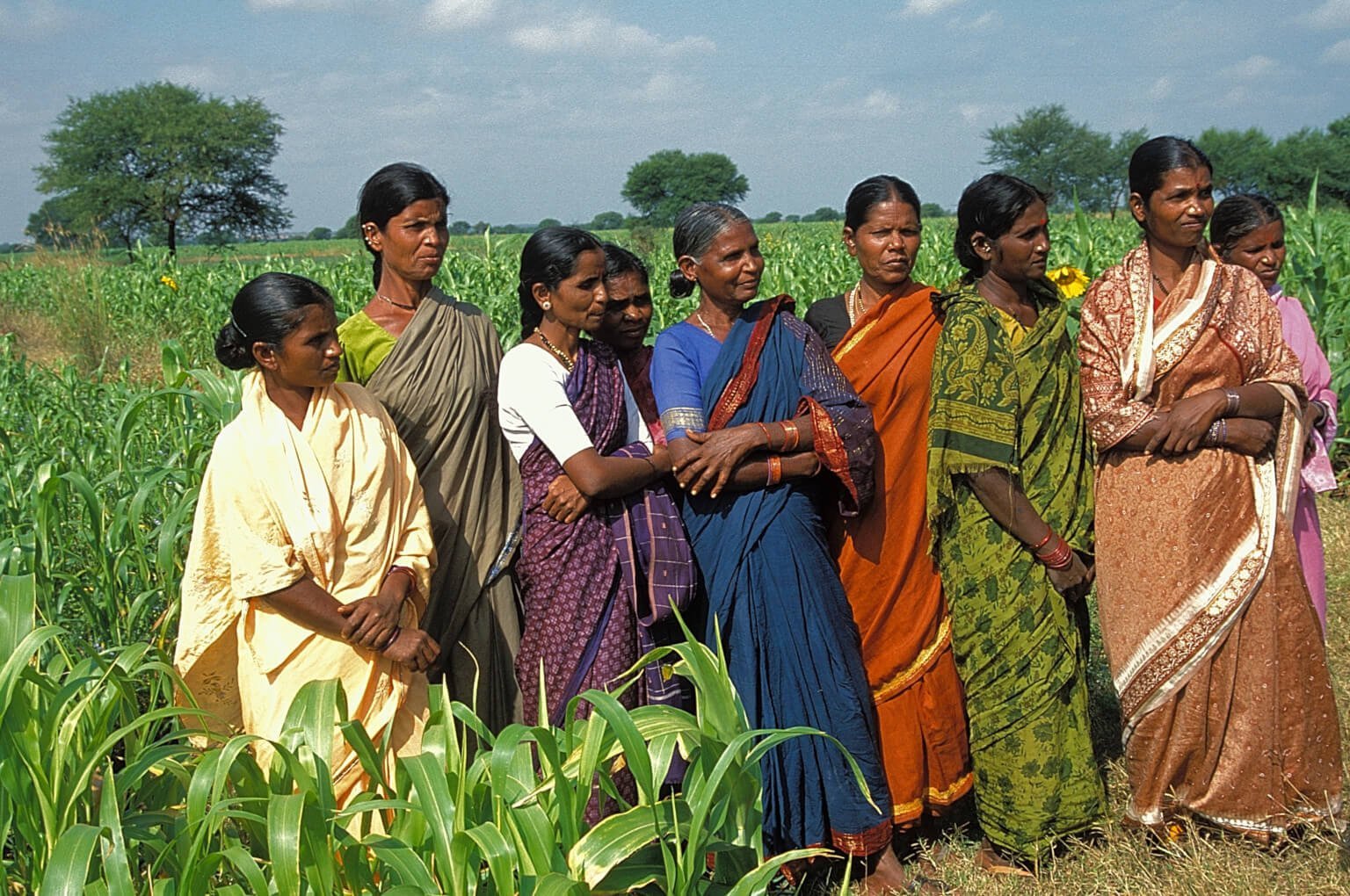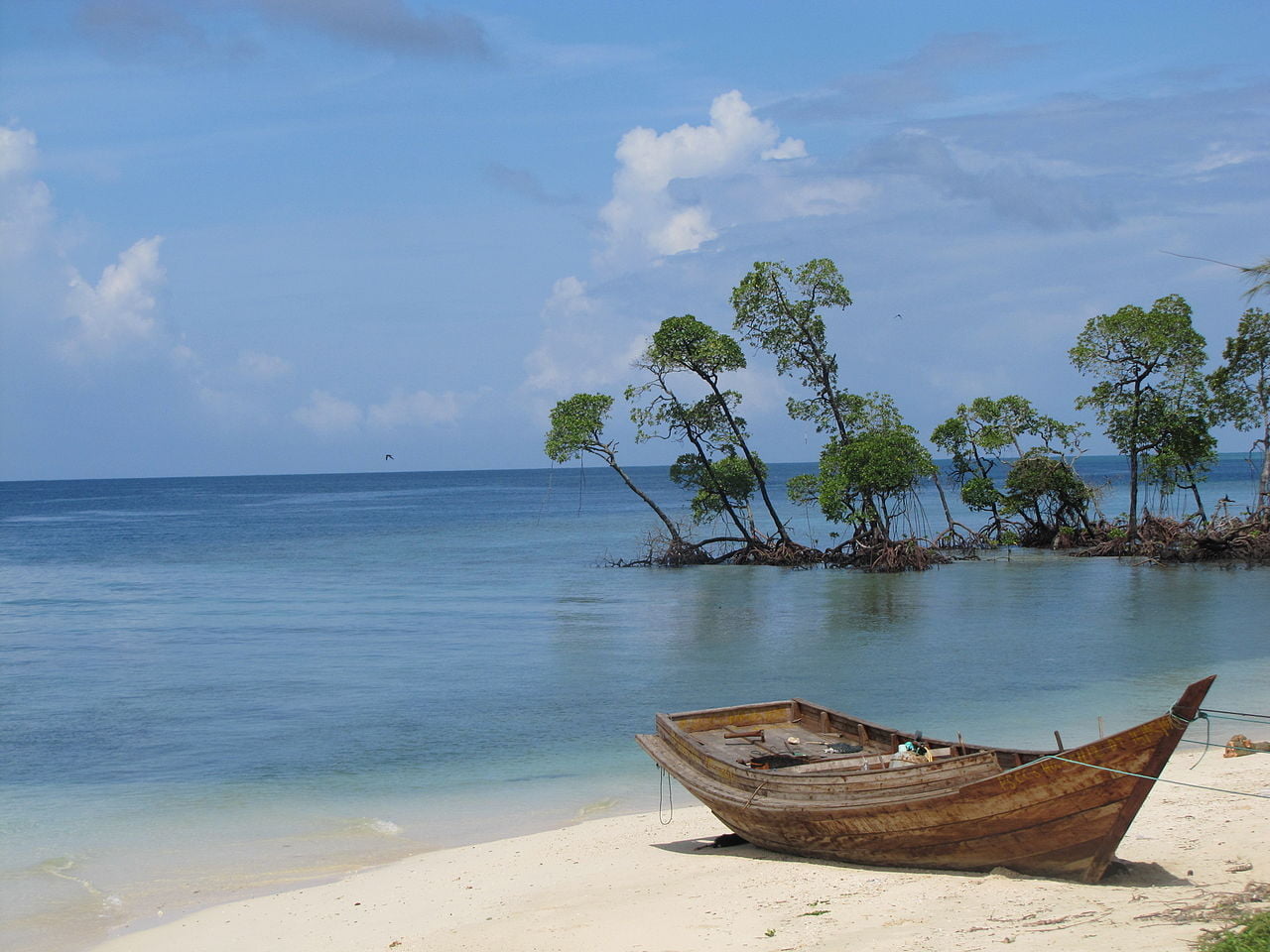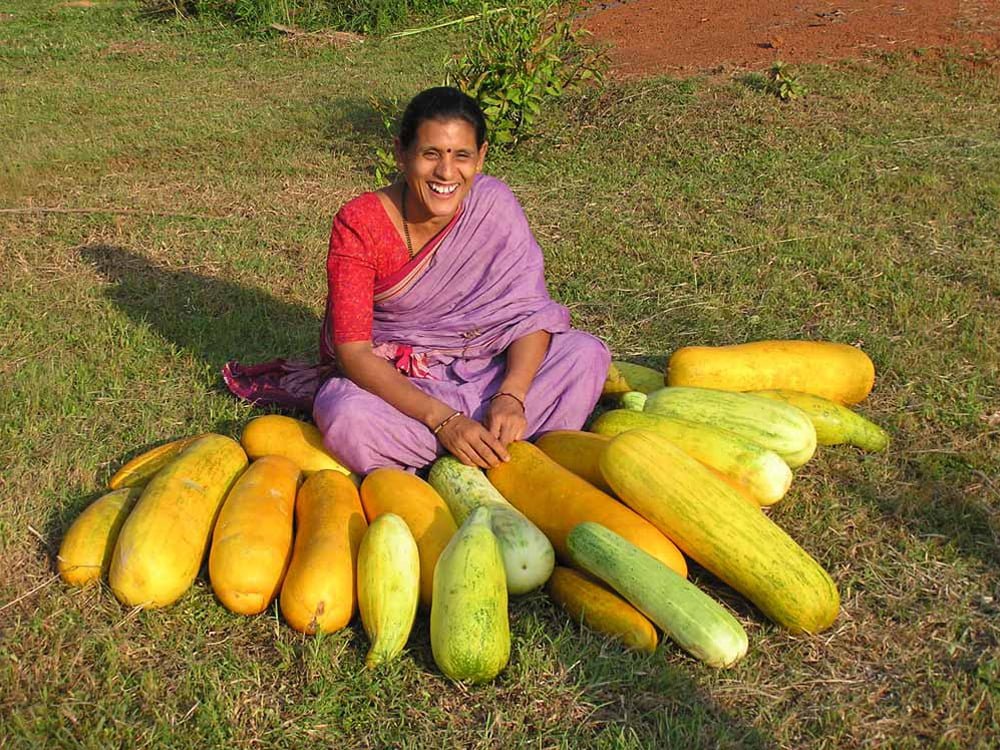At Kalpavriksh, we believe that biological diversity should be respected and conserved for its own sake. At the same time, they need to be protected as habitats for wildlife, as providers of water and other forms of ecological security, as a source of basic survival and livelihood for millions of people and as sacred spaces. Kalpavriksh believes that ensuring ecological, economic and, cultural security of those, most critically dependent on biodiversity and its components, is the only way for the long-term survival and development of human societies and, for the sustenance of all life forms.
In the context of the present planetary crisis of climate change and global warming, brought on by a model of development which fosters remorseless exploitation of natural resources, dispossession of communities, breakdown of indigenous cultures, species extinctions and ecological and civilizational collapse; any model of conservation needs to integrate all three aforementioned factors of concern. The current model of conservation governance that attempts to achieve economic, ecological and cultural security, through disparate approaches have proven to be unsuccessful. Kalpavriksh believes that synchronizing these approaches over a wider landscape, as a continuum of land and water uses, is the only way to ensure conservation, cultural and livelihoods security.
For over three decades Kalpavriksh has been closely involved with documentation, research, knowledge-sharing, ground engagement, legal help and advocacy and, efforts at all levels towards facilitating inclusive, local conservation governance. This has been particularly focused on inclusive protected area management and governance, and through study, documentation and advocacy related to Community Conserved Areas (CCAs); and research and advocacy on laws like the Scheduled Tribes and Other Traditional Forest Dweller’s (Recognition of Forest Rights) Act, 2006 and those provisions of the Wildlife (Protection) Act, 1972, Panchayats (Extension to Scheduled Areas) Act, 1996 and other acts such as the Biological Diversity Act, 2002 that support community-based conservation.
The aims of the Conservation and Livelihoods theme are to:
- Create appropriate ground situations and policy environment for supporting cultures, lifestyles and communities that are trying to achieve a balance between livelihoods and conservation.
- Create appropriate ground situations and policy environment for more communities to achieve a balance between livelihoods and ecological security.
- Working towards research that can affect a change in the attitude and functioning of the government and civil society such that they become facilitative of such communities.
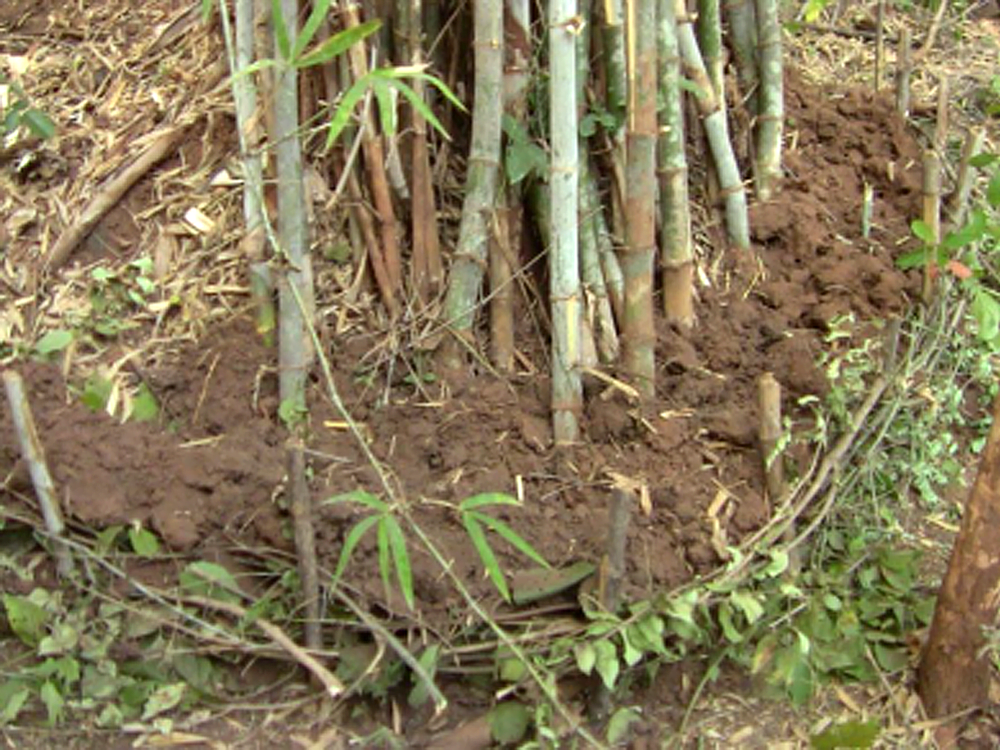
Sahyadri School Biodiversity Project
OUR TEAM

Neema Pathak: Program Coordinator

Tanya Majumdar: Program Officer, CCA

Pradeep Chavan: Bhimashankar Program Lead

Pankaj Sekhseria: Protected Area Newsletter

Roshni Kutty: Communication & Outreach Lead

Neha: Program Associate, CCA

Ishika Patodi: Research Associate, PA Governance

Mahesh Kale: Program Associate

Esha Joshi: Program Associate, PA Governance



